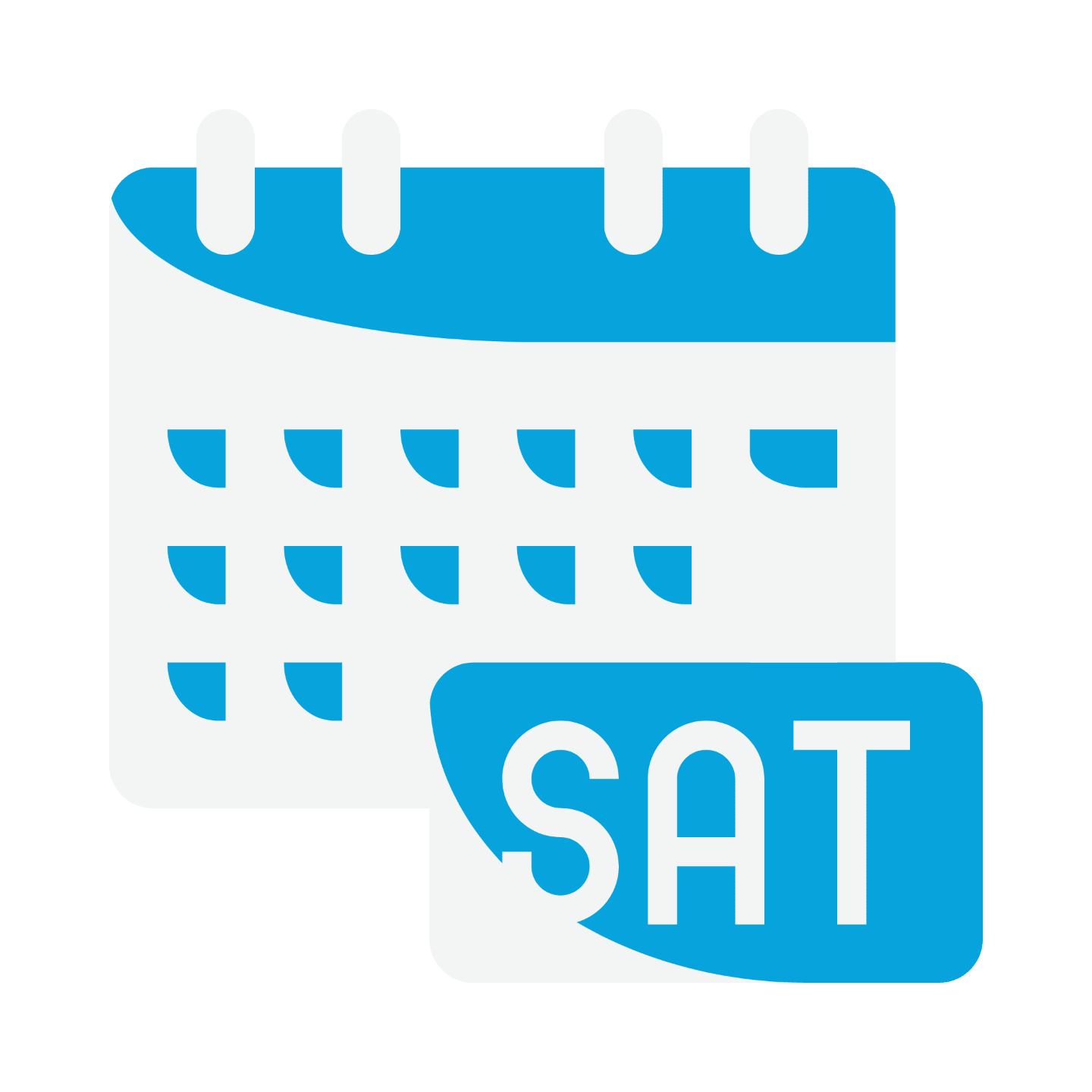
Learning That Fits
Your Lifestyle
You can select any of the following class schedules depending on availability:

Mornings
Monday through Friday from 9:00 AM to 1:00 PM.

Afternoons
Monday through Friday from 1:00 PM to 5:00 PM.

Evenings
Monday through Friday from 5:00 PM to 9:00 PM.

Saturdays
Every Saturday from 9:00 AM to 2:00 PM.
Your Dream Job Is Just Around the Corner!
Our graduates are actively working with these and many other companies.

Are you an accredited school?
Do you provide Financial Aid?
What are the enrollment requirements?
Do you accept international students?
Can I take more than one program at the same time?
Can I take my certification exam at your location?
Do you offer internships or job placement afterward?
Are your programs covered by the GI bill, Chapter 31, chapter 25, or Florida PrePaid?
Still Have Questions? Get In Touch Below!
Fill out the form below, and we'll get back to you within 24 to 48 hours. You can also email us at [email protected] or call us at +1 (407) 275-5880, Monday through Friday, from 9 AM to 4 PM ET.








